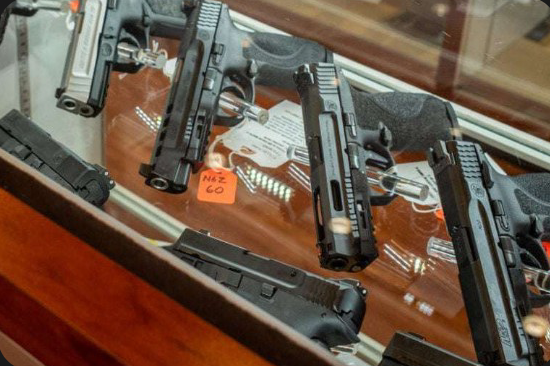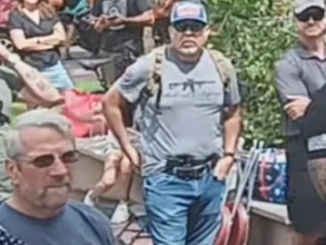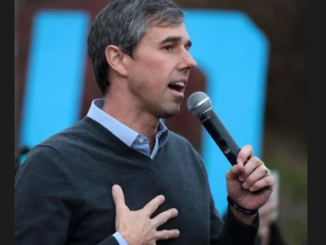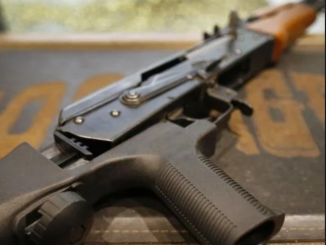
For more than half-a-century, Uncle Sam has been giving banks the legal tools to snoop into the otherwise-private affairs of their customers. Now, they are monitoring the exercise of their Second Amendment rights.
Thanks to a recent move by the International Organization for Standardization (ISO, headquartered in Switzerland), U.S. banks are starting to build databases on their customers’ purchases of firearms and ammunition. And, of course, they are ready and quite willing to share that information with federal law enforcement in the name of providing a public service to identify “mass shooters.”
This invasion of privacy began in earnest with enactment of the Bank Secrecy Act of 1970, which mandated that banks assist federal law enforcement in uncovering, investigating, and ultimately prosecuting violations of federal law.
Banks have long complained about the burdens of compliance with the 1970 law and several related laws signed since then due to the multi-faceted regulations they spawned. But the trove of data these procedures have allowed banks to gather and database has more than paid for the costs of compliance.
These laws’ main focus, according to the Treasury Department, which has primary responsibility to their enforcement, has been money laundering. Over the years, however, the many-headed hydra we call the system now includes virtually any banking customer activity that a bank employee might consider to be suspicious. In fact, banks’ primary tool in this regard is a document called a “Suspicious Activity Report” or “SAR.”
Then there is the USA PATRIOT Act, passed in the immediate aftermath of the 911 attacks.
The vast reach of the Patriot Act has been a shot of adrenaline to bank “secrecy” laws, creating new sets of problems for banking customers, especially those who operate lawful businesses overseas or engage in transactions with foreign persons or businesses. Banks have at times decided it is easier to simply close down accounts of customers with overseas connections, rather than run the risk of coming under suspicion from Uncle Sam.
The paperwork required of any current or prospective customer of a financial services institution looking to borrow funds for a home, car, or other legal purpose, has ballooned since the Patriot Act’s passage.
As troublesome as this absurdly massive paperwork burden has become for homebuyers and vehicle purchasers, the banking sector is now zoning in on something far more problematic: customers’ exercise of their Second Amendment rights here at home.
Banks are devising ways to “identify mass shooters before they strike.”
Just how banks have gotten into the business of identifying potential mass shooters is linked to their ability to access purchase codes whenever one of their customers uses a bank-issued credit card. Since every credit card purchase is embedded with an identifiable “merchant category code” (MCC) — now including purchases at stores that sell guns and ammunition — banks are able to gather and database such information and share any resulting “suspicious” purchases with the feds. How? Why by submitting an SAR!”
One bank in particular has been at the forefront of the move to institutionalize credit card codes for gun and ammunition purchases, and now to database that information — Amalgamated Bank, Priscilla Sims Brown leading the charge.
Amalgamated is hardly alone in this effort. It enjoys the support of gun control groups and major credit card companies, including American Express, Visa, and Mastercard.
Not surprisingly, Democrat members of Congress, led by Massachusetts Democratic Sen. Elizabeth Warren, are eager to find ways to further expand the information the banks are able to gather from such credit card purchases.
It probably won’t be long before your friendly hometown bank will be filing even more secret Suspicious Activity Reports with the feds, or simply closing down your account if it decides you are buying too many guns or too much ammunition.
Bob Barr represented Georgia’s Seventh District in the U.S. House of Representatives from 1995 to 2003. He served as the United States Attorney in Atlanta from 1986 to 1990 and was an official with the CIA in the 1970s. He now practices law in Atlanta, Georgia and serves as head of Liberty Guard.
* Article from: The Daily Caller


